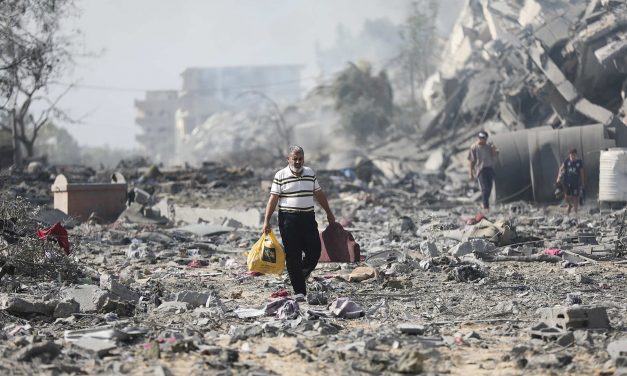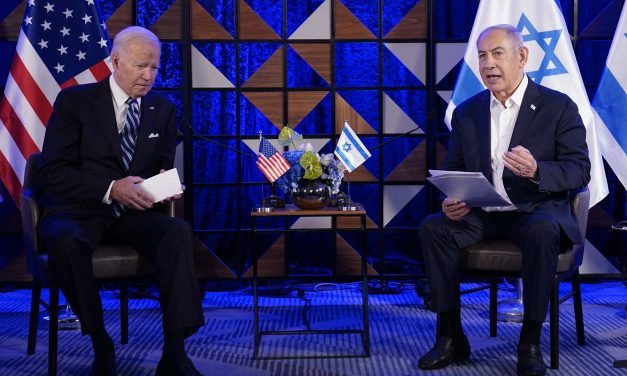The invasion of Ukraine is a war crime and calling it a “tragedy” shelters Russia from its responsibility
By Mariana Budjeryn, Research Associate, Project on Managing the Atom, Harvard Kennedy School Russia’s war against Ukraine continues to cause unspeakable, unimaginable suffering. By now, the word “tragedy” is firmly installed in the lexicon of the war and has become almost a cliche. Journalists record tragedies in Ukraine in their many heartbreaking manifestations. Marking the first anniversary of the war in February 2023, U.S. President Joe Biden said, “This war was never a necessity; it’s a tragedy.” The label of “tragedy” is liberally applied to most every development in this war. Russia’s breach of the Kakhovka dam on June...
Read More
















